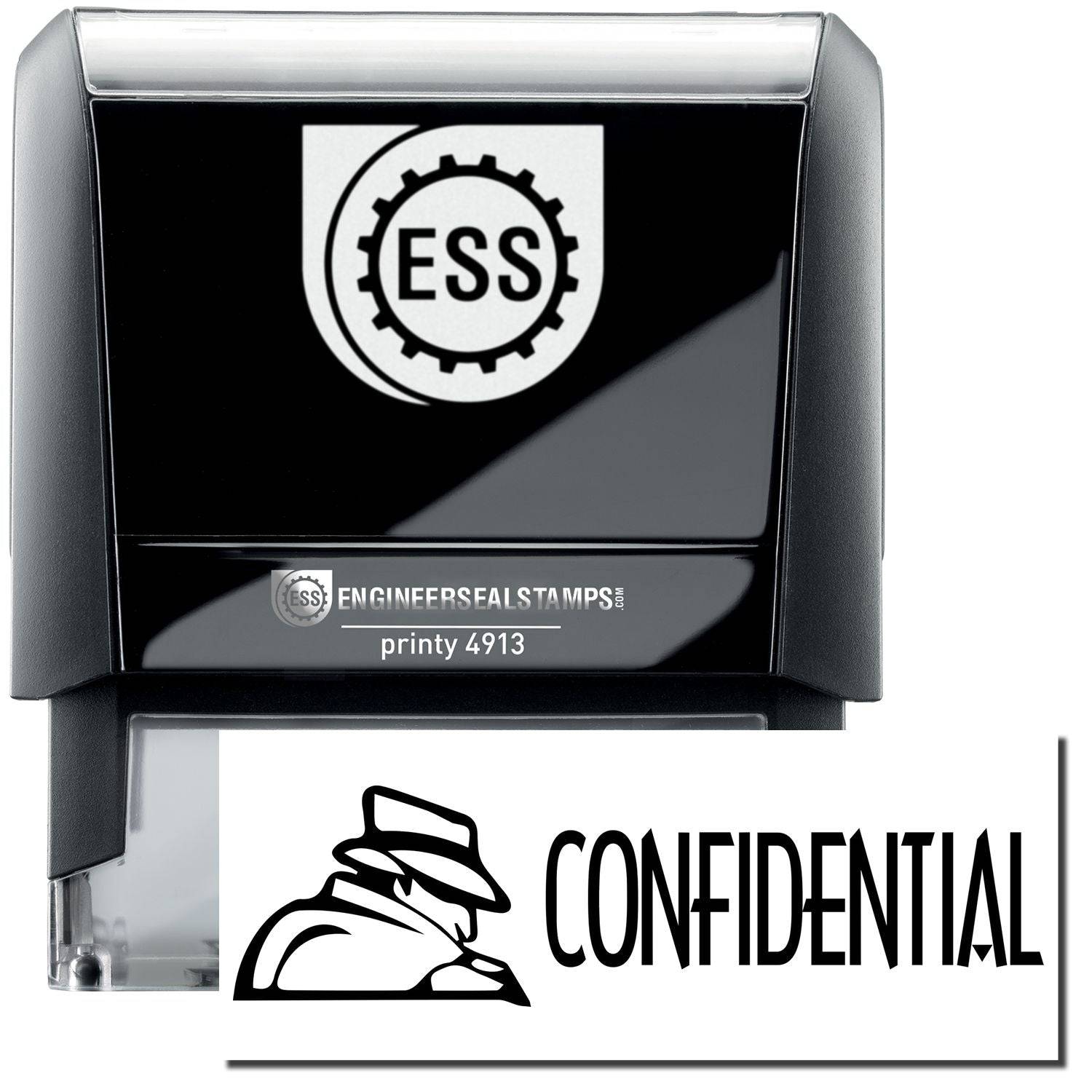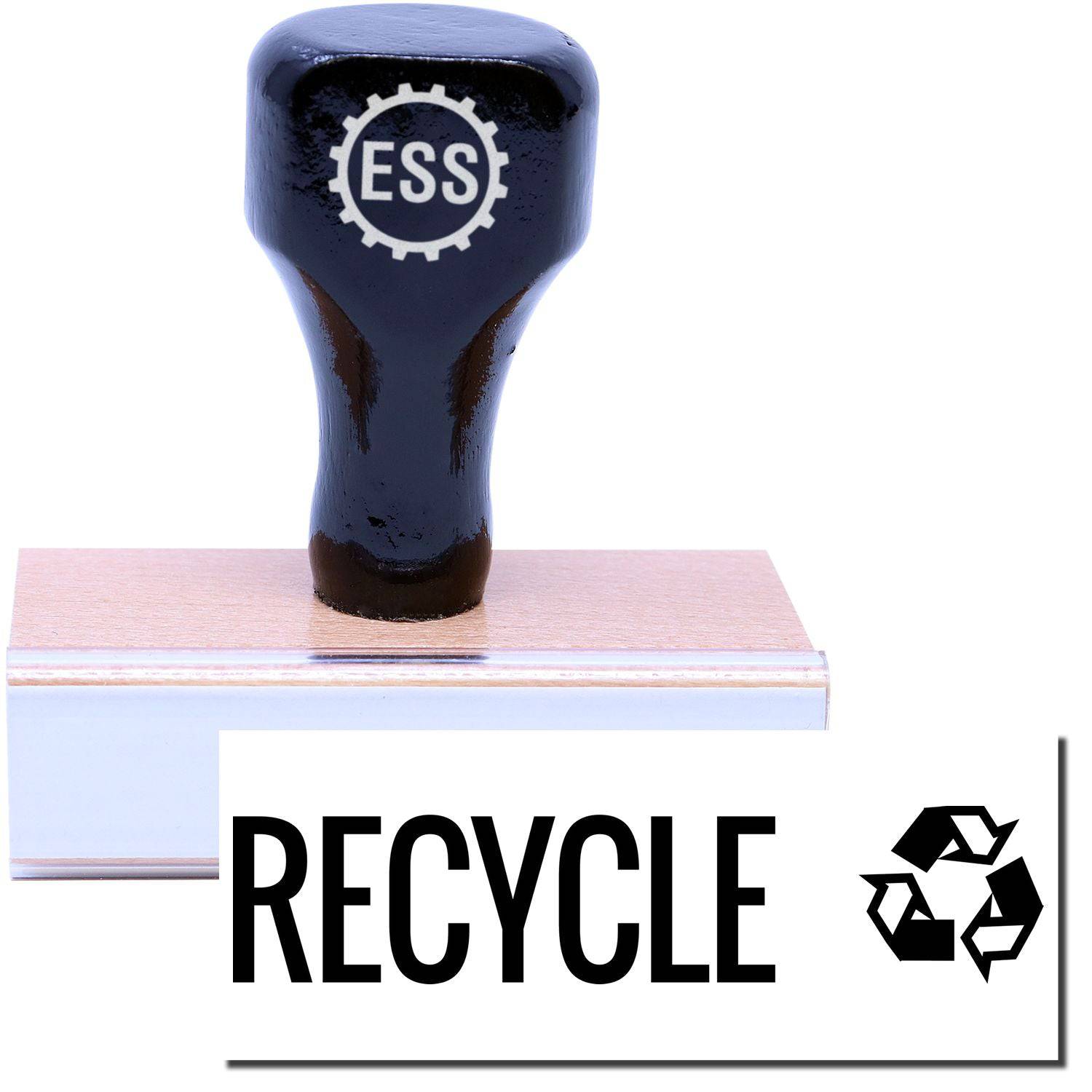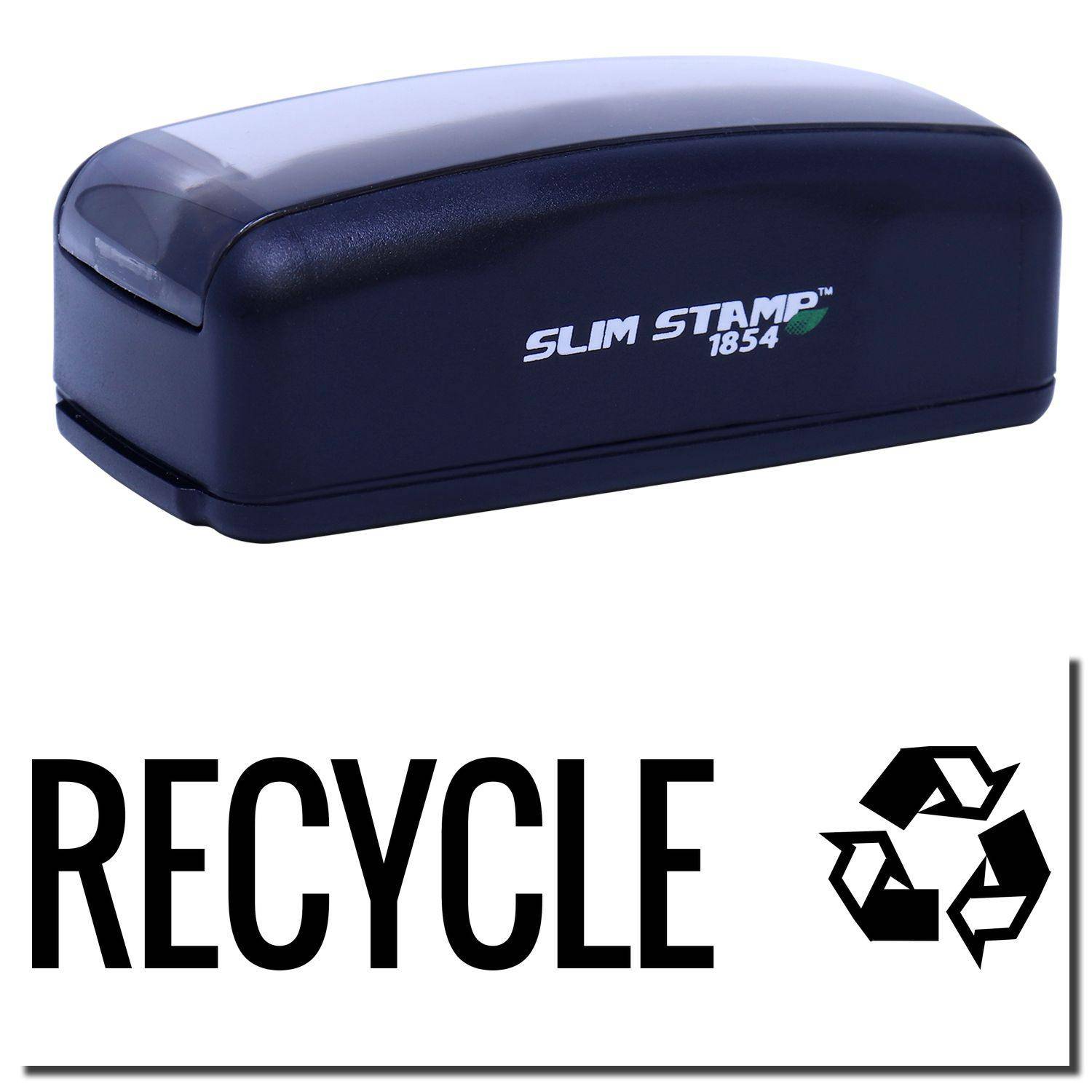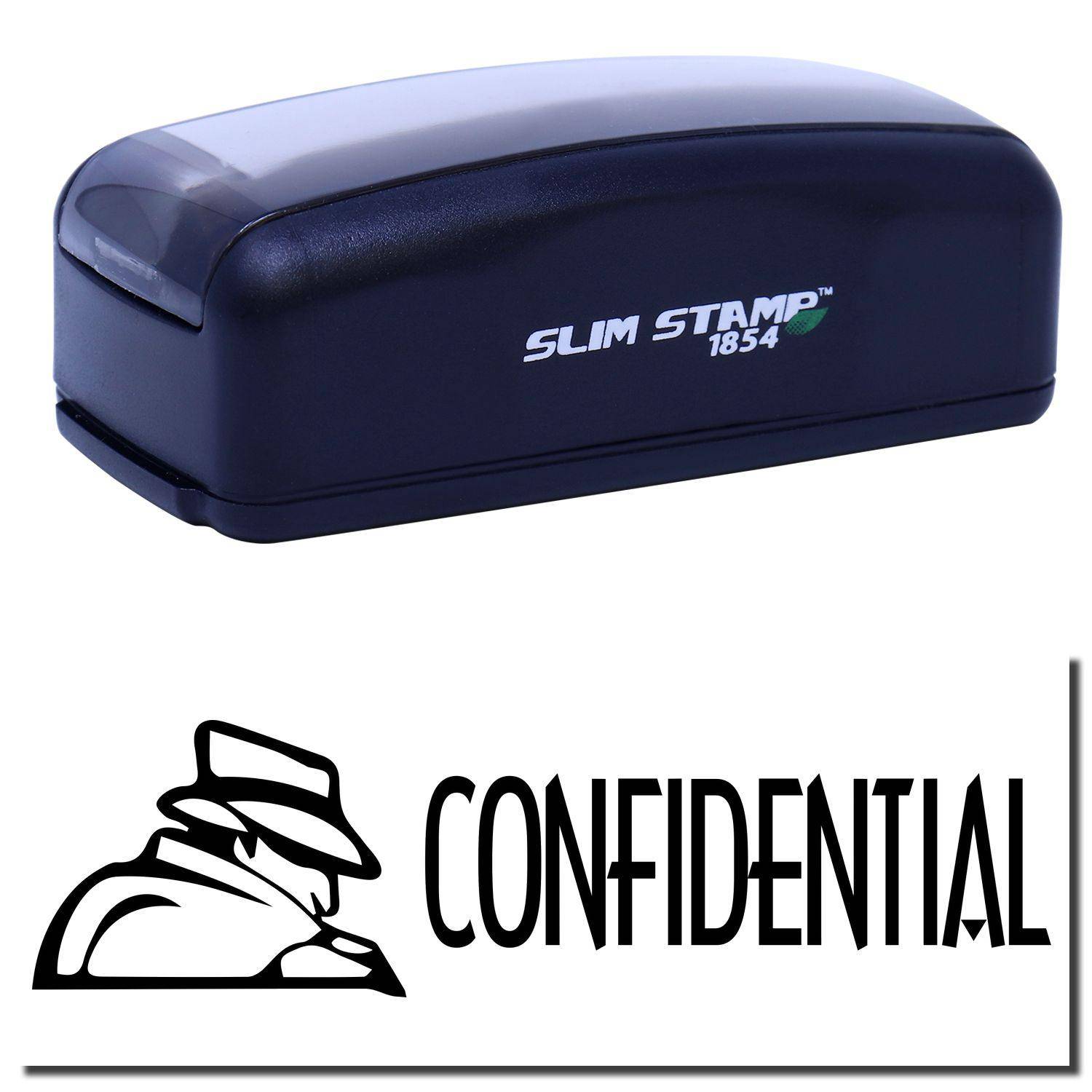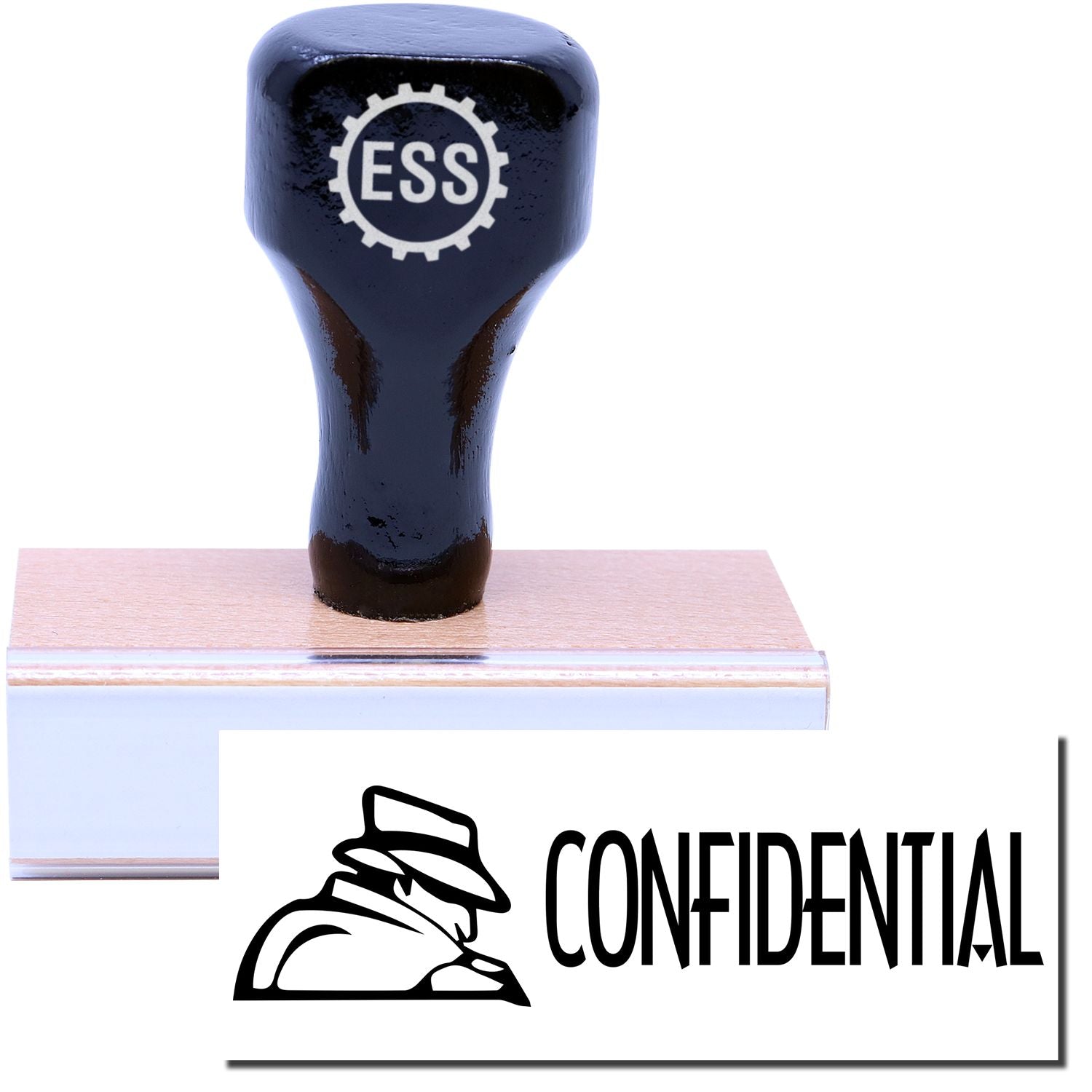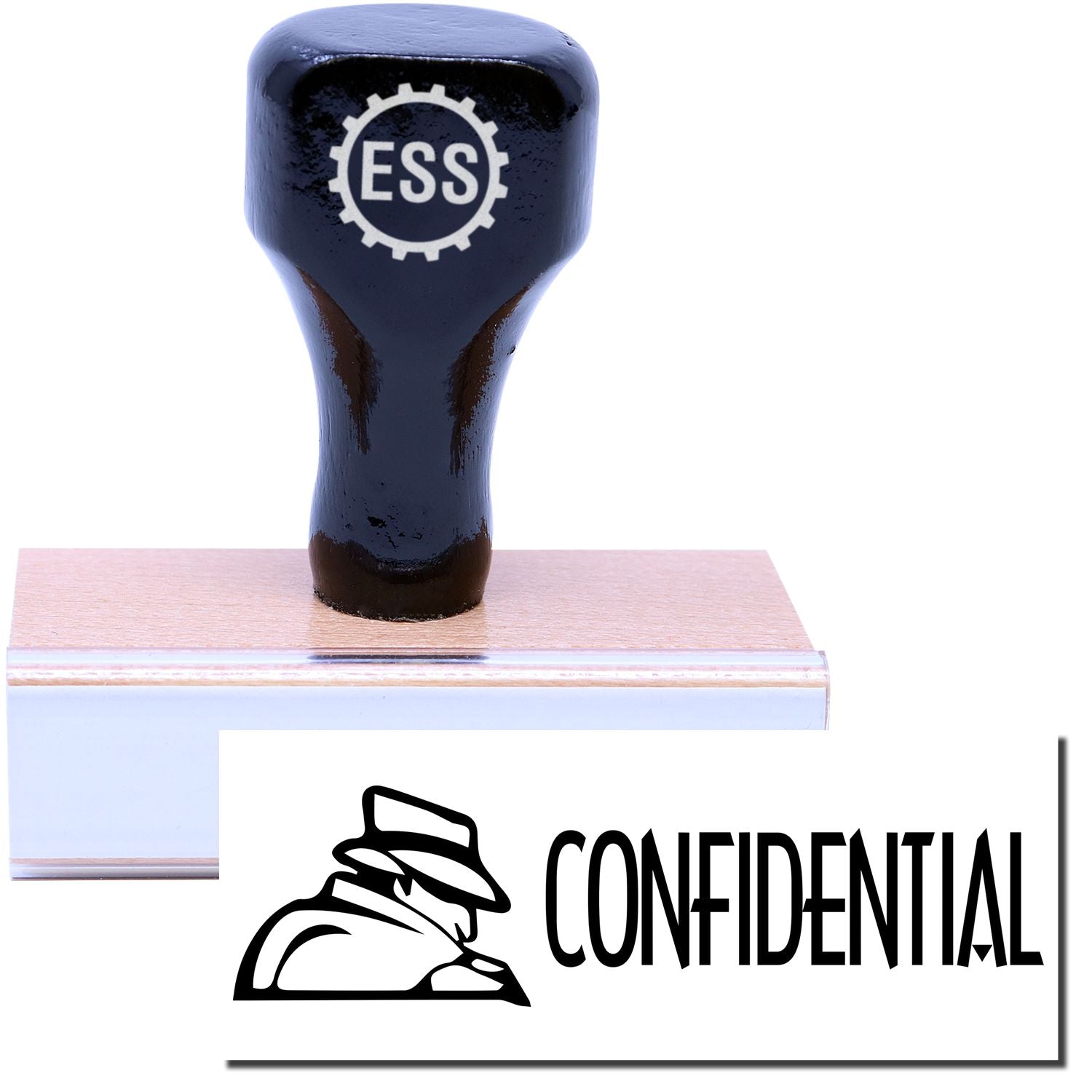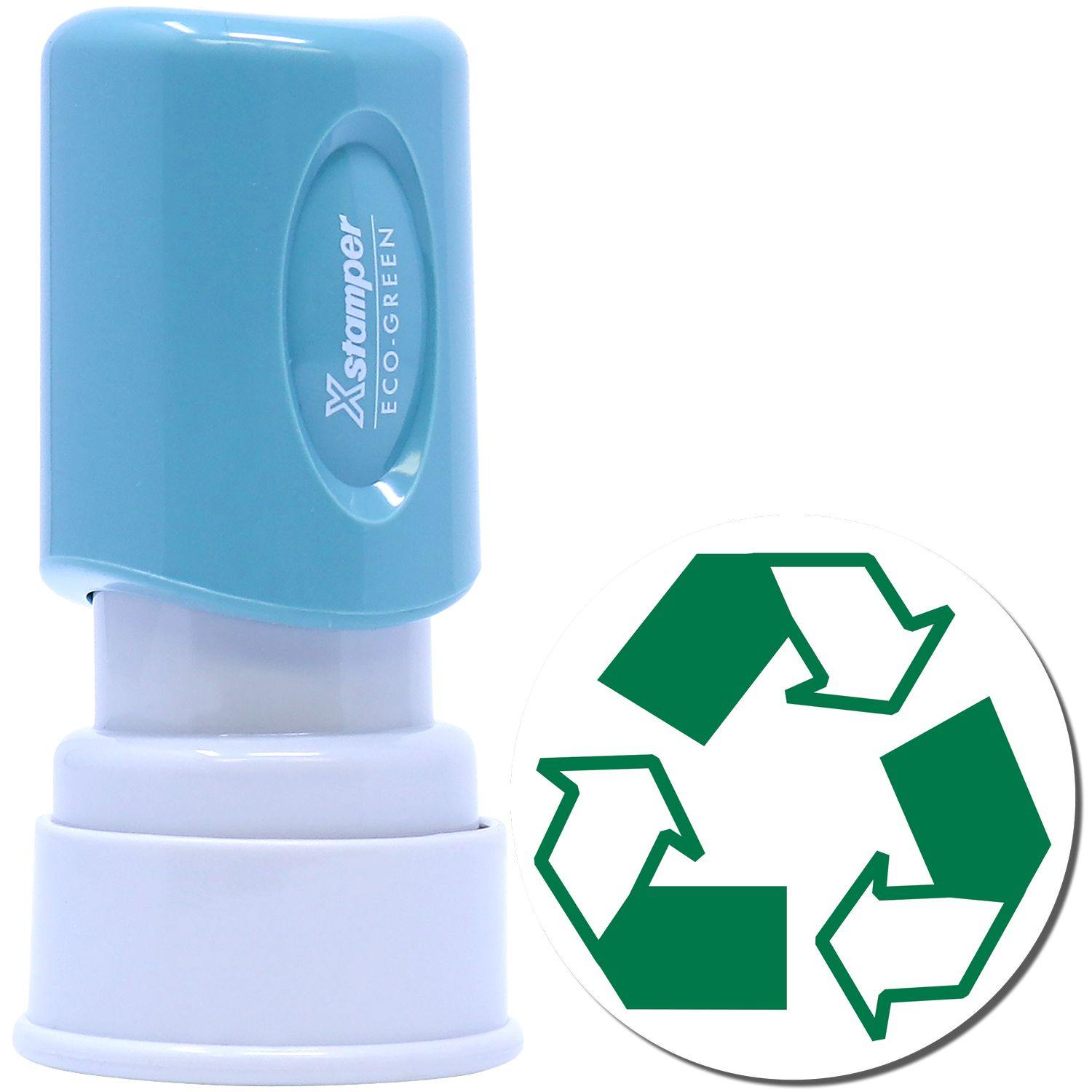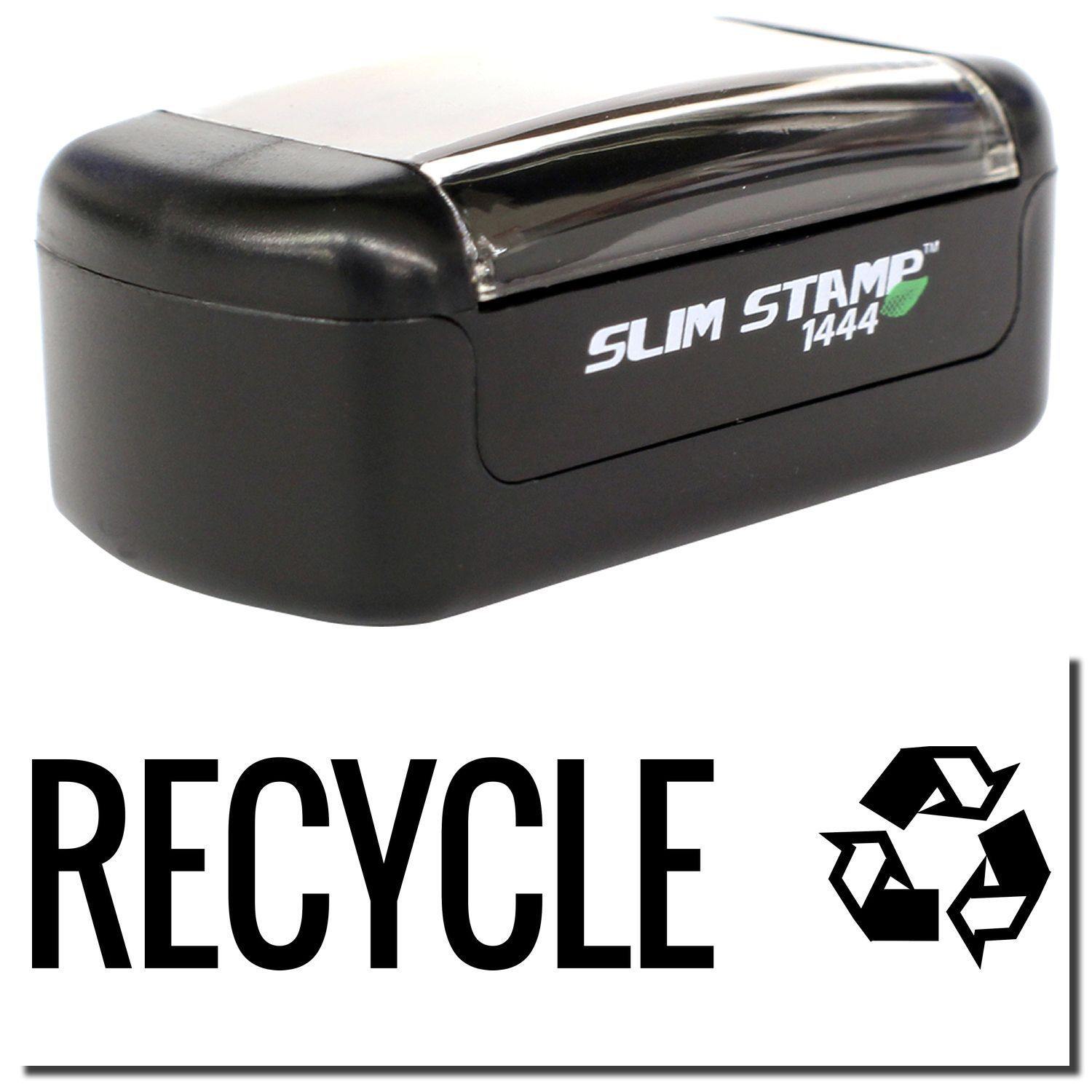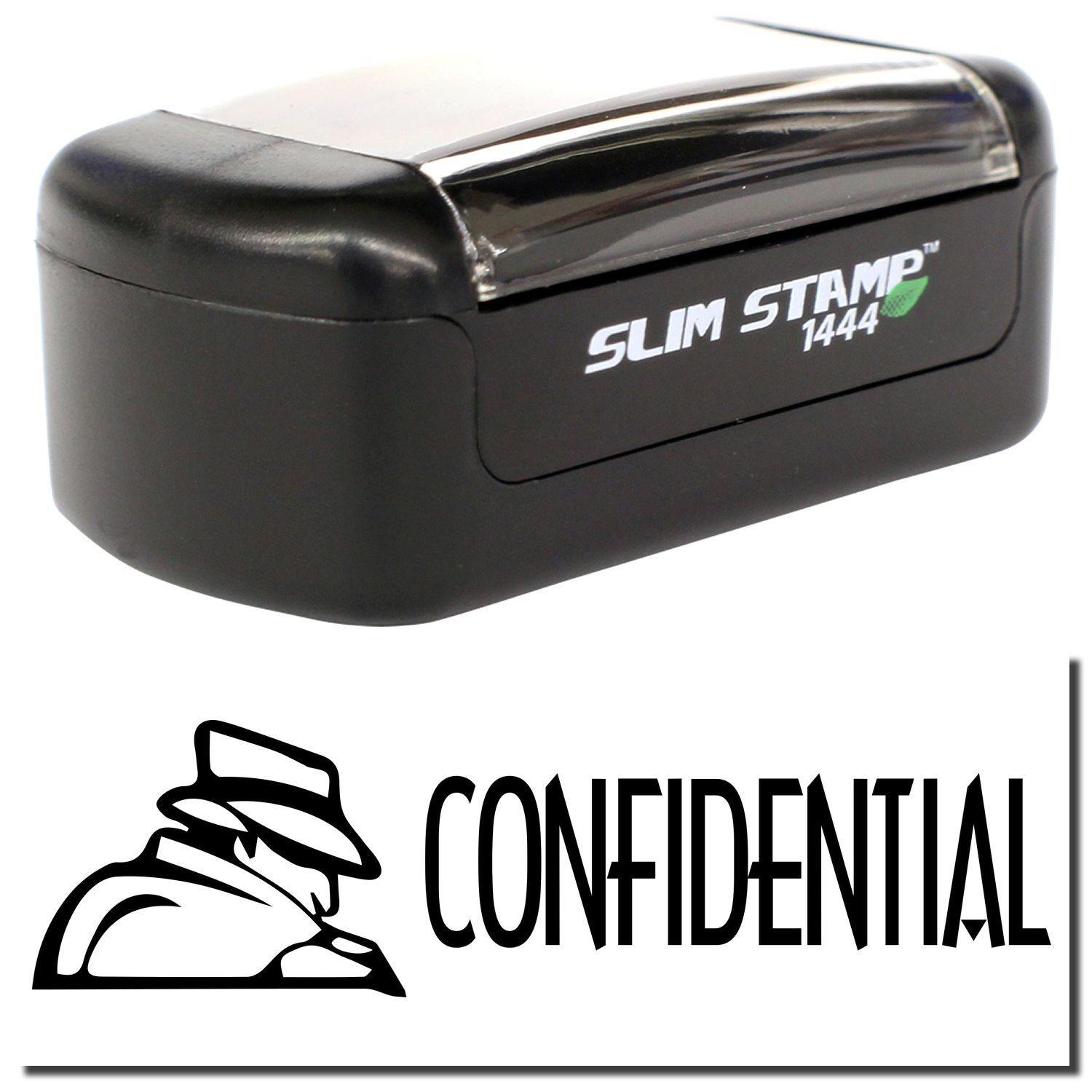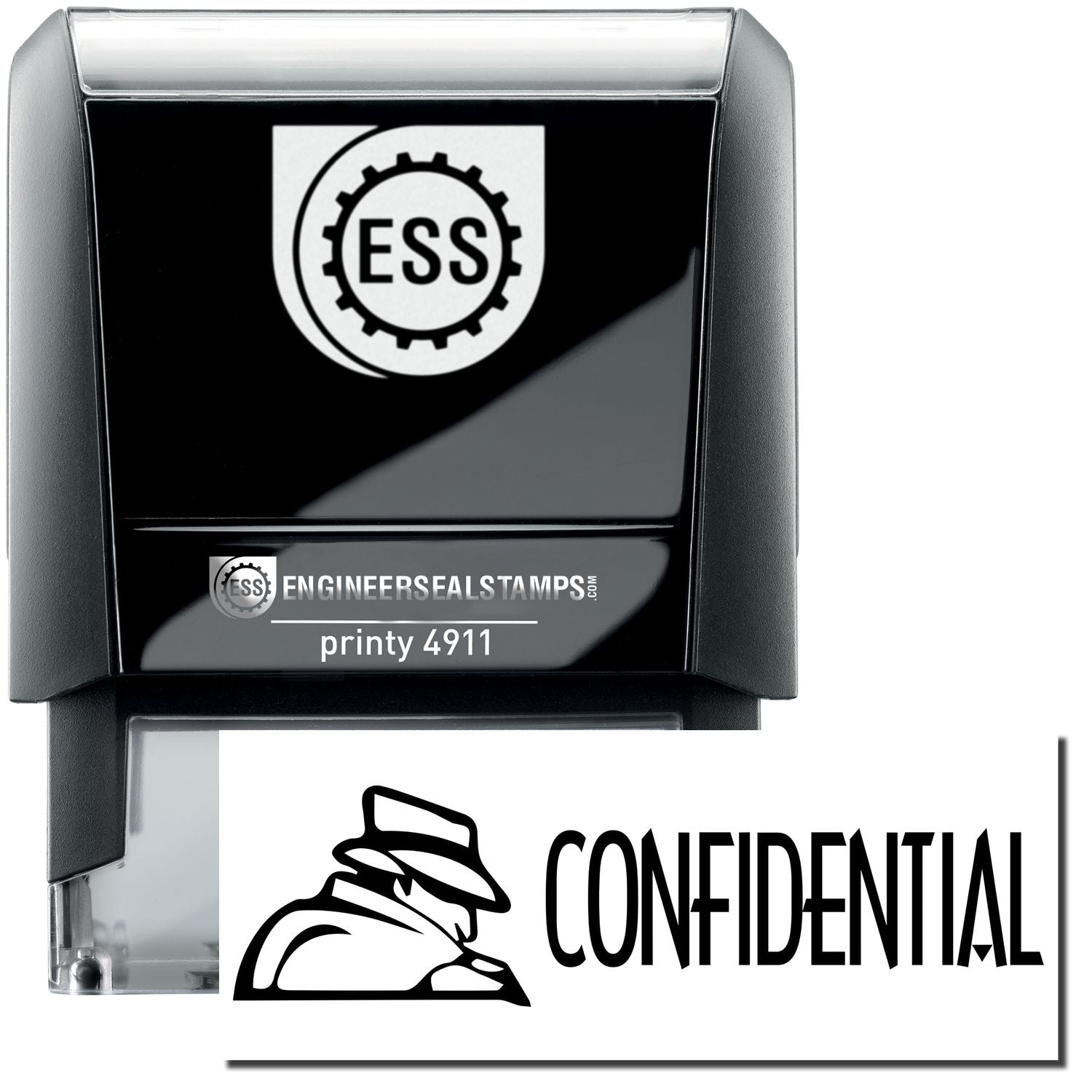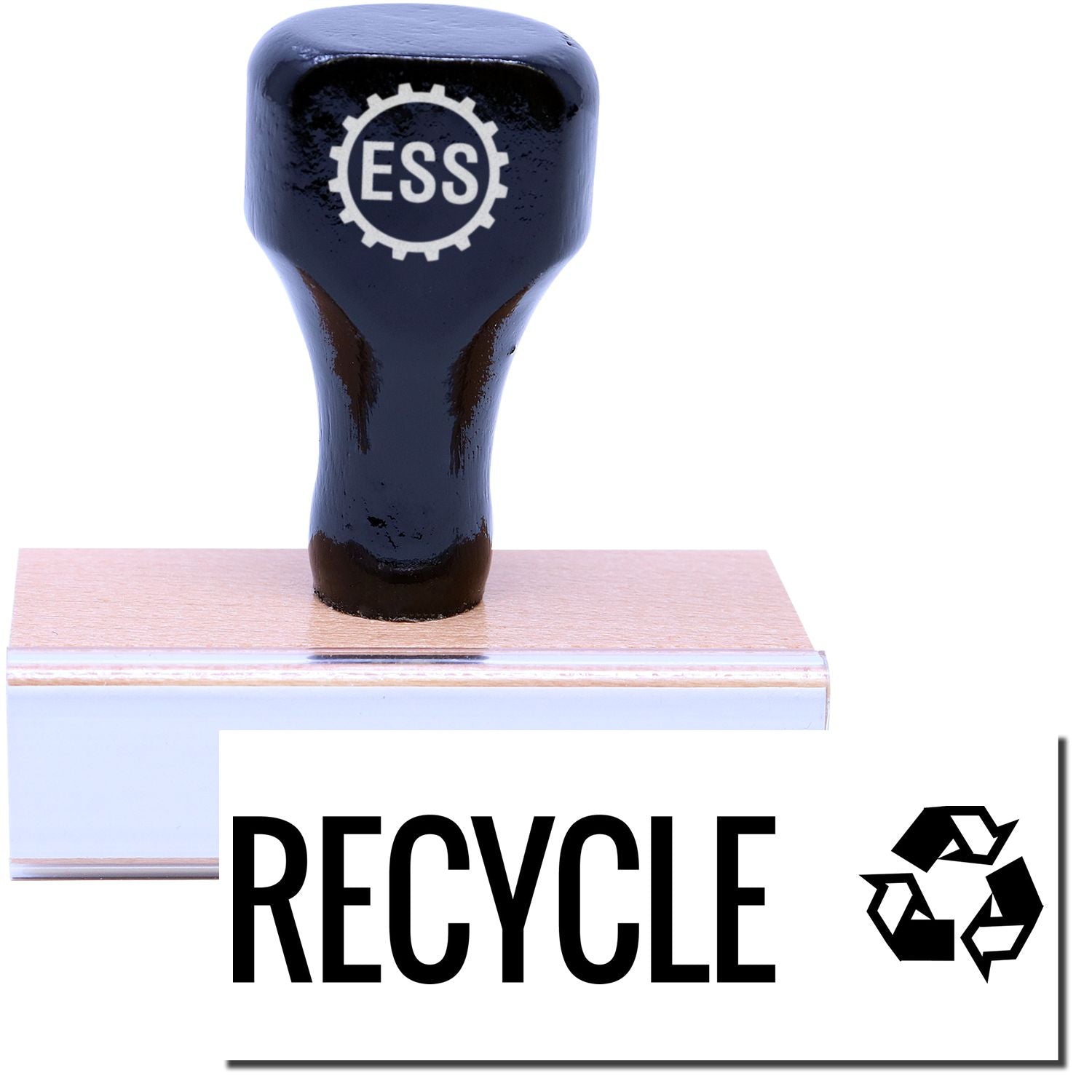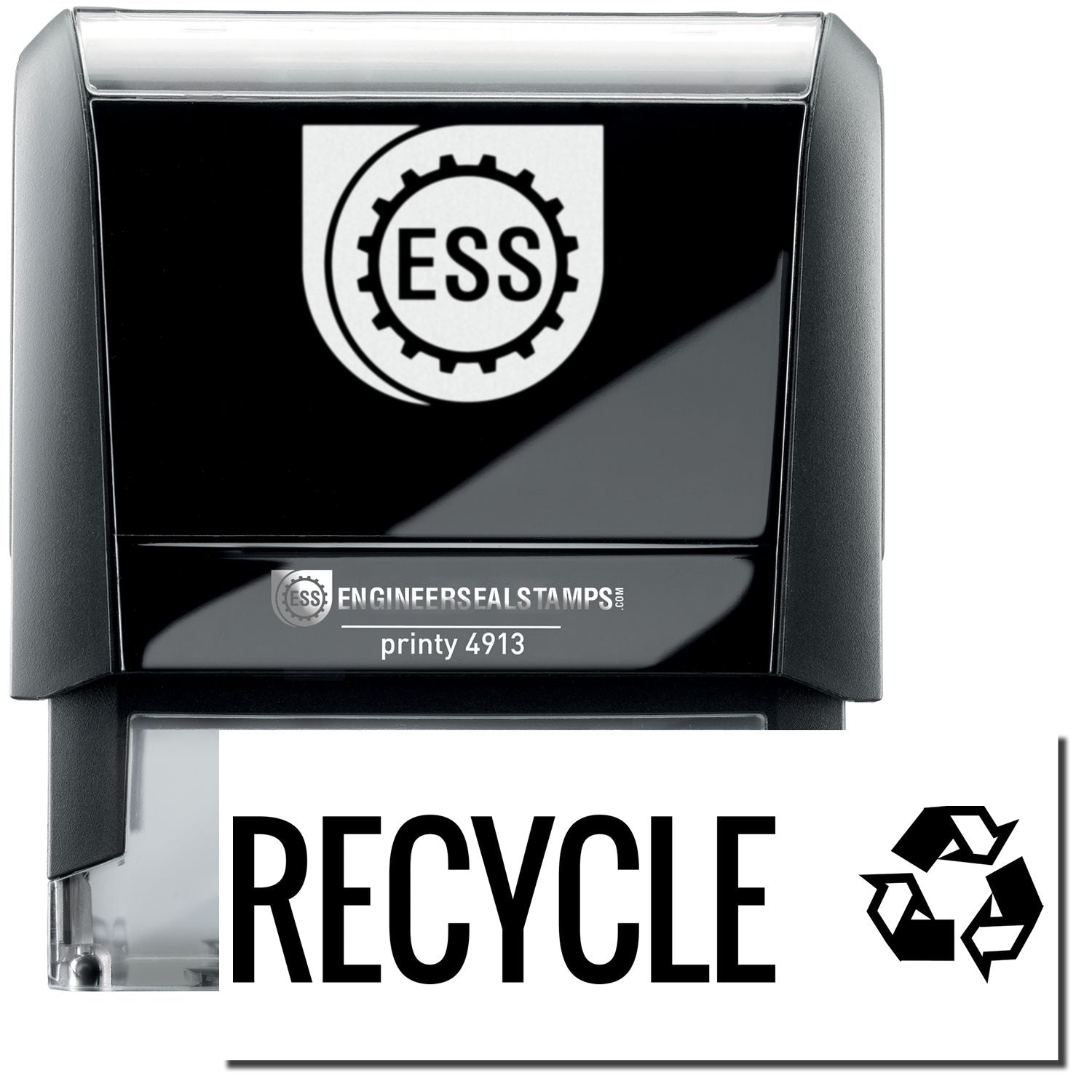Streamlining Inventory Checks
Efficient and accurate inventory management is crucial for businesses of all sizes. One way to streamline the inventory check process is by utilizing inspection stamps. These stamps play a vital role in marking items, documents, and packaging with important information, ensuring proper documentation and organization.
The Importance of Inspection Stamps
Inspection stamps provide a simple and effective way to mark items during inventory checks. By using these stamps, businesses can easily identify the status of an item, its inspection date, and other relevant details. This helps in maintaining accurate records and ensures that all products, documents, or equipment have been properly inspected.
The use of inspection stamps helps to eliminate confusion and human errors that may occur during manual inventory checks. With a quick stamp, items can be marked as inspected, approved, or rejected, allowing for efficient tracking and easy identification.
How Custom Rubber Stamps Enhance Efficiency
Custom rubber stamps offer the flexibility and versatility needed for effective inventory management. These stamps can be personalized with specific information, such as dates, inspection codes, or company logos. This customization allows businesses to create stamps that are tailored to their unique needs.
Rubber stamps are available in various types, including self-inking stamps and pre-inked stamps. Self-inking inspection stamps are convenient and mess-free, as they contain an integrated ink pad that automatically re-inks the stamp after each impression. Pre-inked inspection stamps offer a high-quality impression and are ideal for detailed markings. Both options provide an efficient way to mark items during inventory checks.
When choosing a custom inspection stamp, it's important to consider factors such as size, shape, and ink options. The size of the stamp should be suitable for the items or documents being marked. Different ink colors and refillability options allow for customization and longevity of the stamp. For more information on custom inspection stamps and their benefits, visit our article on custom inspection stamps.
By incorporating inspection stamps into the inventory management process, businesses can enhance efficiency, reduce errors, and maintain accurate records. Whether it's for business, manufacturing, warehouses, documents, packaging, or equipment, inspection stamps play a vital role in streamlining inventory checks. To explore more about inspection stamps and their applications, check out our article on inspection stamps.
Understanding Inspection Stamps
Inspection stamps play a vital role in ensuring efficient and accurate inventory checks. They are essential tools used to mark items, documents, or packaging materials to indicate the status of inspection. By understanding what inspection stamps are and the different types available, businesses can streamline their inventory processes and maintain quality control.
What Are Inspection Stamps?
Inspection stamps are custom rubber stamps designed specifically for inspection purposes. They provide a quick and convenient way to mark items, indicating important information such as inspection dates, quality control results, or acceptance/rejection status. These stamps are typically made with durable materials like rubber, which allows for repeated use without compromising the stamp's quality.
Inspection stamps come in various formats, including self-inking inspection stamps and pre-inked inspection stamps. Self-inking stamps have an integrated ink pad that automatically re-inks the stamp after each impression, eliminating the need for separate ink pads. Pre-inked stamps, on the other hand, are already filled with ink and produce multiple impressions before needing to be re-inked. Both types offer convenience and efficiency, allowing for smooth and consistent marking during inspections.
Different Types of Inspection Stamps
There are different types of inspection stamps available, each serving specific purposes based on the needs of the business. Some common types include:
1. Date and Time Stamps: These stamps are used to mark items with the date and time of inspection, providing a clear record of when an item was checked. This information is crucial for tracking inventory and ensuring compliance with relevant regulations.
2. Quality Control Stamps: Quality control stamps are used to indicate the outcome of an inspection. They can be customized to include phrases such as "Approved," "Passed," or "QC Checked" to clearly communicate the inspection results. These stamps help maintain consistent quality standards throughout the inventory process.
3. Accepted/Rejected Stamps: These stamps are used to indicate whether an item has been accepted or rejected during the inspection process. They allow for quick identification of items that meet quality standards or require further attention or reevaluation.
By utilizing the appropriate type of inspection stamp, businesses can improve the efficiency and accuracy of their inventory checks. These stamps help create a clear and consistent system for marking items, reducing errors and promoting quality control.
When choosing an inspection stamp, factors such as the size and shape of the stamp, ink options, and customization capabilities should be considered. It is important to assess the specific needs of the business and find a reliable supplier that offers high-quality, customizable inspection stamps. For more information on inspection stamps and their uses in various industries, check out our article on inspection stamps.
Top Inspection Stamps for Inventory
When it comes to inventory management, inspection stamps play a crucial role in streamlining the process and ensuring accurate record-keeping. These stamps provide a quick and efficient way to mark items during inspection, making it easier to track their status and identify any issues. In this section, we will explore three top types of inspection stamps commonly used for inventory management: date and time stamps, quality control stamps, and accepted/rejected stamps.
Date and Time Stamps
Date and time stamps are essential for maintaining accurate records of when inspections occur. These stamps allow inspectors to quickly mark the date and time on various items, ensuring a clear timeline of when inspections took place. They are particularly useful for perishable goods, time-sensitive items, or when adherence to specific timelines is crucial.
By using date and time stamps, inventory managers can easily identify when an item was last inspected, ensuring the freshness and quality of goods. This information is invaluable for effective inventory rotation and management.
Quality Control Stamps
Quality control stamps are used to indicate the outcome of inspections, such as passing or failing quality standards. These stamps typically come with pre-defined symbols or text, allowing inspectors to quickly mark each item based on its quality status. Whether it's a simple checkmark, a "pass" or "fail" text, or a more specific indicator, quality control stamps provide a clear visual representation of inspection results.
Using quality control stamps in inventory management helps to ensure that only items meeting the required quality standards are included in the inventory. This promotes consistency and accuracy in the inventory records, avoiding mix-ups and potential errors.
Accepted/Rejected Stamps
Accepted/rejected stamps are commonly used to indicate the acceptance or rejection of items during inspection. These stamps are particularly useful when dealing with large quantities of inventory, as they provide a clear and efficient way to mark each item's status.
By using accepted/rejected stamps, inventory managers can quickly identify which items have been approved for inclusion in the inventory and which items should be removed or repaired. This helps to maintain the overall quality of the inventory and ensures that only items meeting the necessary criteria are included.
| Type of Inspection Stamp | Purpose |
|---|---|
| Date and Time Stamps | Mark the date and time of inspections |
| Quality Control Stamps | Indicate passing or failing quality standards |
| Accepted/Rejected Stamps | Show the acceptance or rejection of items |
Using the appropriate inspection stamp for inventory management is essential for maintaining accuracy and efficiency. Whether it's marking the date and time of inspections, indicating quality control results, or determining the acceptance or rejection of items, these inspection stamps are valuable tools in the inventory management process. Remember to select stamps that align with your specific inventory requirements and consider factors such as size, shape, and customization options. For more information on inspection stamps, check out our article on inspection stamps.
Factors to Consider When Choosing an Inspection Stamp
When selecting an inspection stamp for your inventory checks, there are several important factors to consider. These factors can greatly impact the efficiency and effectiveness of your inspection process. Here are three key factors to keep in mind:
Size and Shape of the Stamp
The size and shape of the inspection stamp are essential considerations when choosing the right stamp for your needs. The stamp should be large enough to accommodate the necessary information, such as inspection dates, codes, or symbols. At the same time, it should be compact enough to fit comfortably in your hand for easy handling.
The shape of the stamp should also be taken into account. Consider the surface area on which the stamp will be used. If you need to stamp in tight spaces or on irregular surfaces, a compact or uniquely shaped stamp may be more suitable. On the other hand, if you have ample space and require larger imprints, a rectangular or square stamp might be more appropriate. Assess your specific requirements to determine the ideal size and shape for your inspection stamp.
Ink Options and Refillability
The ink options and refillability of the inspection stamp are crucial factors to consider. There are two main types of inspection stamps in terms of ink delivery: self-inking stamps and pre-inked stamps.
Self-inking stamps have an integrated ink pad that automatically re-inks the stamp after each impression. These stamps are convenient and eliminate the need for separate ink pads. They are ideal for high-volume inspections and offer a consistent and clean imprint.
Pre-inked stamps, on the other hand, contain ink within the stamp itself. These stamps produce crisp and clear impressions, making them suitable for detailed inspections. Pre-inked stamps often require less pressure to create an impression and can be easily re-inked when needed.
Consider your preferences and the requirements of your inspection process when choosing between self-inking and pre-inked stamps. Additionally, ensure that the stamp you choose is refillable or has an option for re-inking. This will help prolong the lifespan of the stamp and provide cost savings in the long run.
Customization Options
Customization options are essential to ensure that your inspection stamp meets your specific needs. Look for stamps that allow you to customize the text, date format, or symbols to match your inspection requirements. This could include adding your company name, logo, or specific inspection codes.
Some stamps also offer the option to include additional information, such as sequential numbering or specific fields for recording inspection details. Customization options enable you to create a personalized inspection stamp that aligns with your unique inventory management processes.
When considering customization, be sure to choose a reliable supplier who can provide high-quality custom inspection stamps. For more information on custom inspection stamps, you can visit our article on custom inspection stamps.
By carefully considering the size and shape of the stamp, the ink options and refillability, and the customization options available, you can choose an inspection stamp that enhances the efficiency and accuracy of your inventory checks. Remember to assess your specific needs and consult with a trusted supplier to find the perfect inspection stamp for your business.
Making the Right Choice
When it comes to choosing the right inspection stamp for your inventory needs, there are a few key factors to consider to ensure that you make an informed decision. By assessing your specific needs and finding a reliable supplier, you can empower your inventory checks and streamline your inspection processes.
Assessing Your Needs
To begin, it's important to assess your specific requirements when it comes to inspection stamps. Consider the nature of your inventory checks and the type of information you need to capture. Are you primarily concerned with recording the date and time of inspections? Do you require quality control stamps to indicate the status of items? Or do you need stamps to mark items as accepted or rejected? Understanding your specific needs will help guide you in selecting the most appropriate inspection stamps for your inventory.
Additionally, consider the volume and frequency of inspections. If you have a high volume of inspections or need to perform them regularly, you may benefit from self-inking or pre-inked inspection stamps that offer convenience and efficiency. These types of stamps eliminate the need for separate ink pads, allowing for quick and repeated use. For more information on the different types of inspection stamps available, visit our article on inspection stamps.
Finding a Reliable Supplier
Once you have determined your inspection stamp requirements, it's essential to find a reliable supplier who can provide high-quality stamps that meet your needs. Look for suppliers who specialize in custom inspection stamps and offer a range of options in terms of size, shape, and customization. This will ensure that you can find the stamp that best fits your specific requirements.
When evaluating suppliers, consider their reputation and customer reviews. Look for suppliers who have a track record of delivering quality products and excellent customer service. Additionally, check if they offer warranties or guarantees on their inspection stamps, as this demonstrates their confidence in the durability and performance of their products. For more information on finding a reliable supplier for inspection stamps, read our article on custom inspection stamps.
By assessing your needs and finding a reliable supplier, you can make an informed decision when it comes to selecting the right inspection stamps for your inventory checks. Remember to consider factors such as size, shape, ink options, and customization to ensure that the stamps meet your specific requirements. Investing in high-quality inspection stamps will enhance the efficiency of your inventory processes and help you maintain accurate records of inspections.
About ESS
At Engineer Seal Stamps (ESS), we aren't just makers; we're dedicated craftsmen passionate about bringing precision to your fingertips. Specializing in the creation of custom rubber stamps, professional seals, and notary stamps, our expertise is underpinned by a steadfast commitment to stellar customer service. Every ESS product isn't just a tool, but a promise—backed by our state board guarantee, ensuring that each seal and stamp you receive from us is of impeccable standard. Our dedication extends beyond the product; we pride ourselves on being responsive, attentive, and always in tune with our customers' needs. Choose ESS, where excellence meets assurance, and every impression counts.


